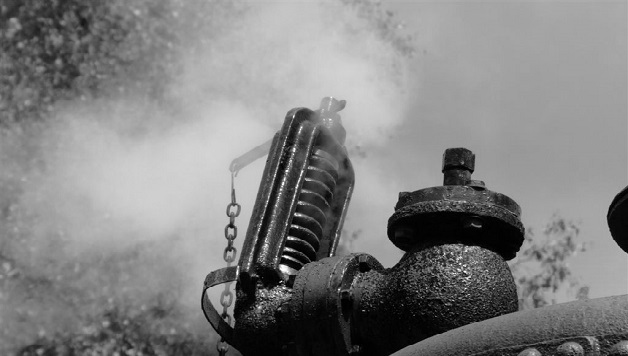In a recent speech, ACCC Chairman Rod Sims has shared some insights about where the ACCC stands on competition law enforcement in the area of industrial relations.
The ACCC’s competition enforcement role in the industrial relations sphere has traditionally been limited by the following:
- the ‘IR carve out’ exemption in s 51(2)(a) of the Competition and Consumer Act 2010 (Cth) (CCA);
- the general position that the CCA does not apply to services of employees performed under a contract of service; and
- the likely position that enterprise agreements that have been approved by the Fair Work Commission fall outside the ACCC’s jurisdiction. Mr Sims referred to the Harper Panel’s recommendation that s 45E be expanded such that it apply to awards and industrial agreements except to the extent they deal with the remuneration, conditions of employment, hours of work or working conditions of employees. However, he said that may be difficult to apply because it is not always clear which awards and industrial agreements ‘relate to’ employment conditions.
Mr Sims pointed to these ‘exemptions’ as posing problems for the ACCC in taking action against some conduct that might otherwise be on its radar. While Mr Sims seemed to suggest that these exemptions should be reformed, he noted that it was, of course, a matter for Parliament.
However, despite the exemptions, Mr Sims said that the ACCC ‘may actually have more union-related major investigations than ever before’. He referred to the ACCC’s secondary boycott proceedings against the Construction, Forestry, Mining and Energy Union (CFMEU), two further in-depth secondary boycott investigations that are underway, and an investigation into alleged cartel behaviour in the ACT construction sector (with the possibility of more to follow).
Mr Sims also flagged that the ACCC will be making a submission to the Royal Commission into Trade Union Governance and Corruption (Royal Commission), suggesting reform in the following key areas:
- the scope and complexity of secondary boycott provisions, specifically the high threshold imposed by the requirement for the ACCC to prove a purpose and effect test;
- the fact that s 45E (the ‘stop supply/acquisition’ provision) only applies in circumstances where the relevant contract, arrangement or understanding applies to a particular person (as opposed to be a class of people – such as, Mr Sims suggested, ‘businesses that don’t have an enterprise bargaining agreement’);
- telecommunications interception, noting that there is a need for investigatory authorities to have access to telecommunication interception material to effectively combat covert conspiracies such as cartels;
- protection for whistle blowers and parties who assist the ACCC in its investigations, due to a range of commercial and safety concerns that may arise as a result of providing information to the regulator; and
- compliance with compulsory information gathering powers (i.e. s 155 of the CCA), repeating the ACCC’s concerns about the inadequacy of penalties for failure to comply with notices issued by the ACCC under s 155.
The proposal to increase penalties for failure to comply with s 155 notices was recommended by the Harper Review Panel in March this year. The Government is expected to respond to the Harper Review Panel’s recommendations in September. It is not clear whether the other proposals by Mr Sims will be adopted by the Royal Commission, and if so, whether the Government will have the appetite to see them implemented into law.
Finally, Mr Sims acknowledged that it is possible that, in the past, the ACCC has not looked sufficiently into conduct that could amount to a contract, arrangement or understanding that has the purpose or effect of substantially lessening competition, thinking such matters were covered by the exemptions. He noted that the current ACT cartel investigation may provide an avenue for the ACCC to look further into broader allegations that were aired before the Royal Commission.
Prior to bringing its secondary boycott case against the CFMEU, the ACCC faced criticism (see also this) for a perceived lack of action in the industrial relations space. The Harper Review Panel in its March 2015 report called on the ACCC to pursue secondary boycott cases with ‘increased vigour’ and also that the maximum penalty for secondary boycotts should be the same as that applying to other breaches of the competition law.
In the context of the Harper recommendations on secondary boycotts and the CFMEU proceedings, Mr Sims’ speech might be an indication that the ACCC intends to ramp up its IR enforcement activity in the short to medium term future.








